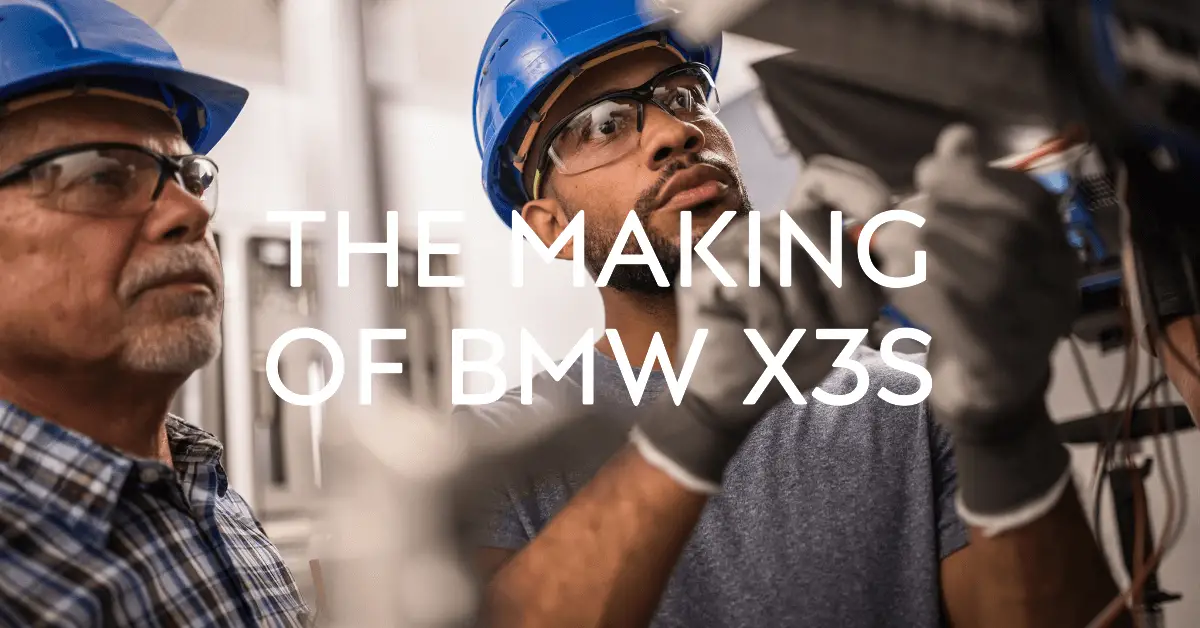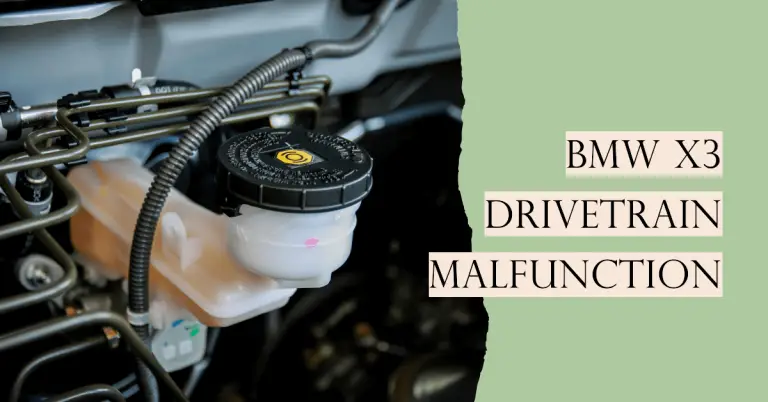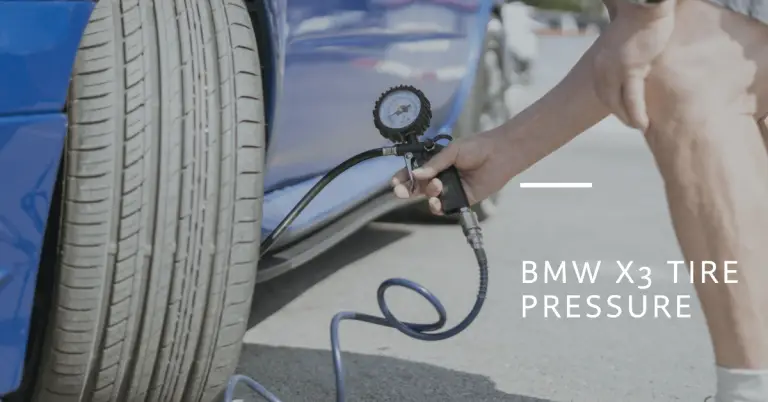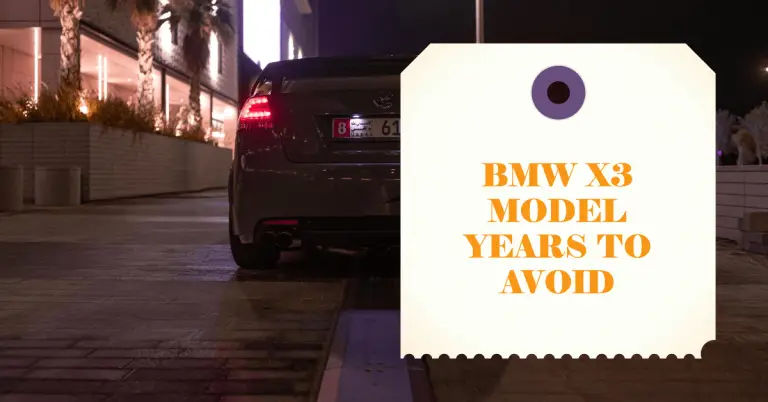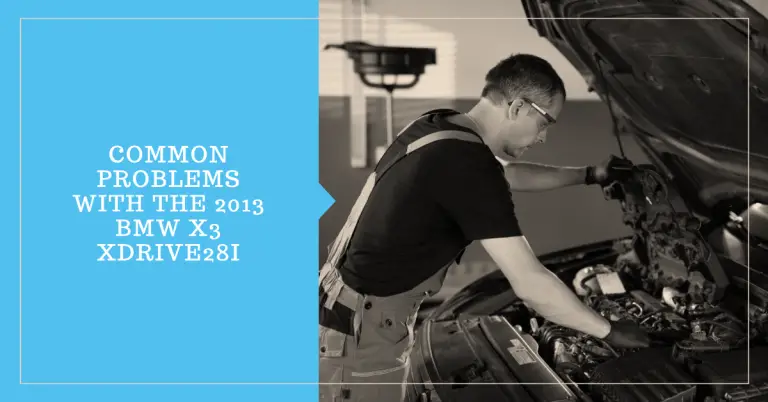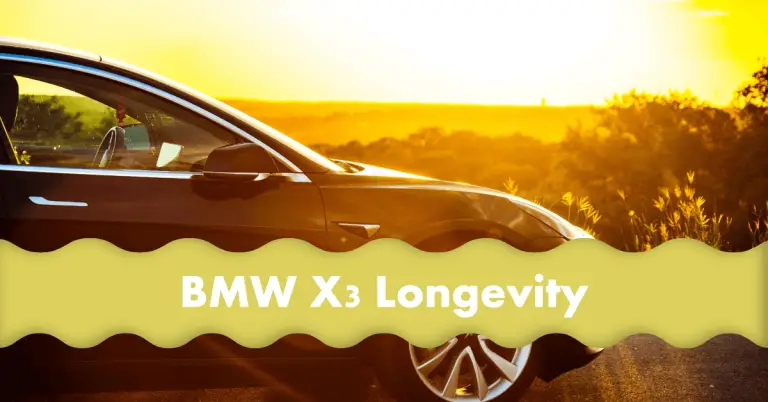Where Are BMW X3s Made? A Detailed Look at Global Production
The BMW X3 has become one of the most popular luxury compact SUVs on the market since its introduction in 2003. Its winning combination of BMW’s renowned driving dynamics, utility, comfort, and premium style has attracted consumers worldwide.
But with its global popularity comes the question – where are all these BMW X3 models manufactured to meet demand?
The answer is that X3 production takes place at multiple factories across the United States, Africa, and Germany. Each facility employs thousands of workers and has a unique history of building BMW SUVs for local markets and international exports.
This in-depth guide will explore each of the major BMW X3 manufacturing hubs, looking at their production capacity, workforce, history, and the models they build. We’ll also highlight some recent controversies and take a sneak peek at what the future holds for BMW X3 production around the world.
Whether you’re an X3 owner, an automotive enthusiast, or just curious, read on to learn all about where this iconic luxury crossover rolls off the assembly line.
An Overview of Global X3 Manufacturing Operations
BMW has strategically located X3 production facilities close to key luxury SUV markets worldwide. The largest volume producer is the BMW US Manufacturing Company plant in Spartanburg, South Carolina, which exports over 200,000 X models each year.
The Rosslyn plant in Pretoria, South Africa produces X3s exclusively for African market demand, while the historic Regensburg factory in Germany manufactures the X1 and X2 compact SUV siblings of the X3.
China also represents a major X3 market, where local partners produce models for Chinese consumers. BMW is planning a larger manufacturing footprint in China to meet growing popularity.
This diverse global production network allows BMW to build X3 models where they are needed most and powerfully demonstrate the brand’s engineering prowess worldwide.
Next, let’s take a closer look at each of the major X3 production hubs around the globe:
Spartanburg, SC: Largest X3 Plant Produces for World Markets
The crown jewel of BMW X3 production is the company’s expansive Spartanburg, South Carolina manufacturing facility. With 1,200 acres and over 11,000 employees, it’s BMW’s largest auto plant in the world.
The Spartanburg factory began operation in 1994, and has since produced over 4 million vehicles, including X3, X4, X5, X6 and X7 models. Today it boasts an annual production capacity of 450,000 vehicles and is the sole global producer of the BMW X models.
Approximately 70% of Spartanburg’s output is exported to 140 countries worldwide, making it a powerhouse of export strength. It also supplies most of the X3 models sold in the United States.
The flexible, high-tech Spartanburg plant uses cutting-edge automated production processes to build multiple vehicle models on the same line. The facilities also produce their own on-site carbon fiber, plastics, and magnesium components.
Recent investments of over $200 million have expanded Spartanburg’s logistics infrastructure and increased production capacity by 30% to meet growing X3 demand worldwide.
BMW has certainly tapped into a winning formula at its South Carolina flagship SUV plant.
Rosslyn, South Africa Manufactures for African Markets
While Spartanburg exports X models globally, the Rosslyn plant near Pretoria, South Africa produces X3s exclusively for local African markets.
The factory began operation all the way back in 1973 as an assembly site for semi-knocked-down BMWs. After undergoing major expansions in 2009 and 2012, Rosslyn is now a high-tech facility focused on X3 production.
With about 4,000 employees, Rosslyn has an annual X3 production capacity around 60,000 units to meet African demand. The plant exports an X3 “Exporter Edition” to select worldwide markets as well.
Advanced robots assist assembly processes like welding and painting to enhance efficiency and quality. Since opening, Rosslyn has produced over 1.7 million BMW models, playing an important role in African operations.
However, recent labor tensions have disrupted X3 manufacturing at Rosslyn. In 2019, workforce strikes halted production for weeks until wage disputes were resolved, impacting supply deliveries. BMW has announced plans to begin manufacturing electric vehicle battery packs at Rosslyn starting in 2024.
Germany’s Regensburg Plant – Home of European X Models
The Regensburg factory in Bavaria, Germany represents one of BMW’s oldest and most storied production sites. Opening in 1986 with just over 2,500 workers, Regensburg now employs 9,000 staff who assemble over 300,000 cars annually.
This plant produces the X1 and X2 crossover SUV models on flexible “twin-line” production tracks. Regensburg leverages Industry 4.0 smart manufacturing with human-robot collaboration and virtual simulation.
Production can seamlessly alternate between X1 and X2 variants based on market demand – a major efficiency advantage. The Regensburg site also produces drivetrain components used across BMW models.
Most output remains in Europe to satisfy consumer demand, but the high-tech Regensburg plant does export X1 and X2 models around the globe as well. Its storied history and efficient, flexible production make Regensburg an integral part of BMW’s X model strategy.
Controversies Plague Some Facilities
Despite BMW’s sophisticated, large-scale production of the X3, some controversies have hit its manufacturing hubs:
- High global demand for the X3 led to supply shortages in Europe and the US in 2018, upsetting customers. BMW struggled to keep up.
- The Rosslyn plant in South Africa experienced major work stoppages in 2019 during contentious labor negotiations.
- Safety violations related to air quality were reported at the Spartanburg plant in 2020. BMW was fined and forced to halt production.
- Environmental groups have protested the water usage and land impact of the Spartanburg facility. BMW says it has robust sustainability initiatives in place.
While BMW has defended its overall environmental and labor records, quality glitches and production snafus have affected X3 manufacturing continuity to various degrees. Still, output has mostly kept up with rising demand.
What’s Next for BMW X3 Production?
BMW is forging ahead with plans to expand X3 manufacturing capacity and flexibility. The Spartanburg plant is slated to begin producing the new X3 M and X4 M performance variants in 2023 to supplement existing models.
South Africa’s Rosslyn will eventually produce battery packs for electric X3 models as BMW ramps up electrification. An all-new China factory is also on the horizon – BMW Brilliance Automotive already produces the X3 for Chinese buyers under partnership.
BMW promises a fully electric version of the X3 within the next 5 years. These initiatives will diversity production locations as electrification transforms lineups.
No matter the future powertrain, expect BMW to strategically locate X3 production worldwide close to core luxury SUV markets. Their global manufacturing footprint enables built-in flexibility, cost mitigation, and market expertise.
Where Your BMW X3 Was Born
When you slide behind the wheel of a new BMW X3, its excellent driving dynamics easily overshadow its underlying manufacturing origins. But those origins do matter, as evidenced by BMW’s vast production strategy spanning the globe.
Next time you’re in an X3, consider where it first rolled off the assembly line. Whether built in Spartanburg for American buyers, Rosslyn for South African owners, or Regensburg for European customers, each X3 carries its birthplace in its quality and craftsmanship.
BMW will surely continue refining and expanding X3 production to delight drivers worldwide. No matter the future, discerning luxury SUV shoppers can count on the capable X3 being there thanks to world-class manufacturing.
So if you’ve ever wondered exactly where your X3 was born, hopefully this guide provided an enlightening overview of the global production locations that make this popular model possible.

